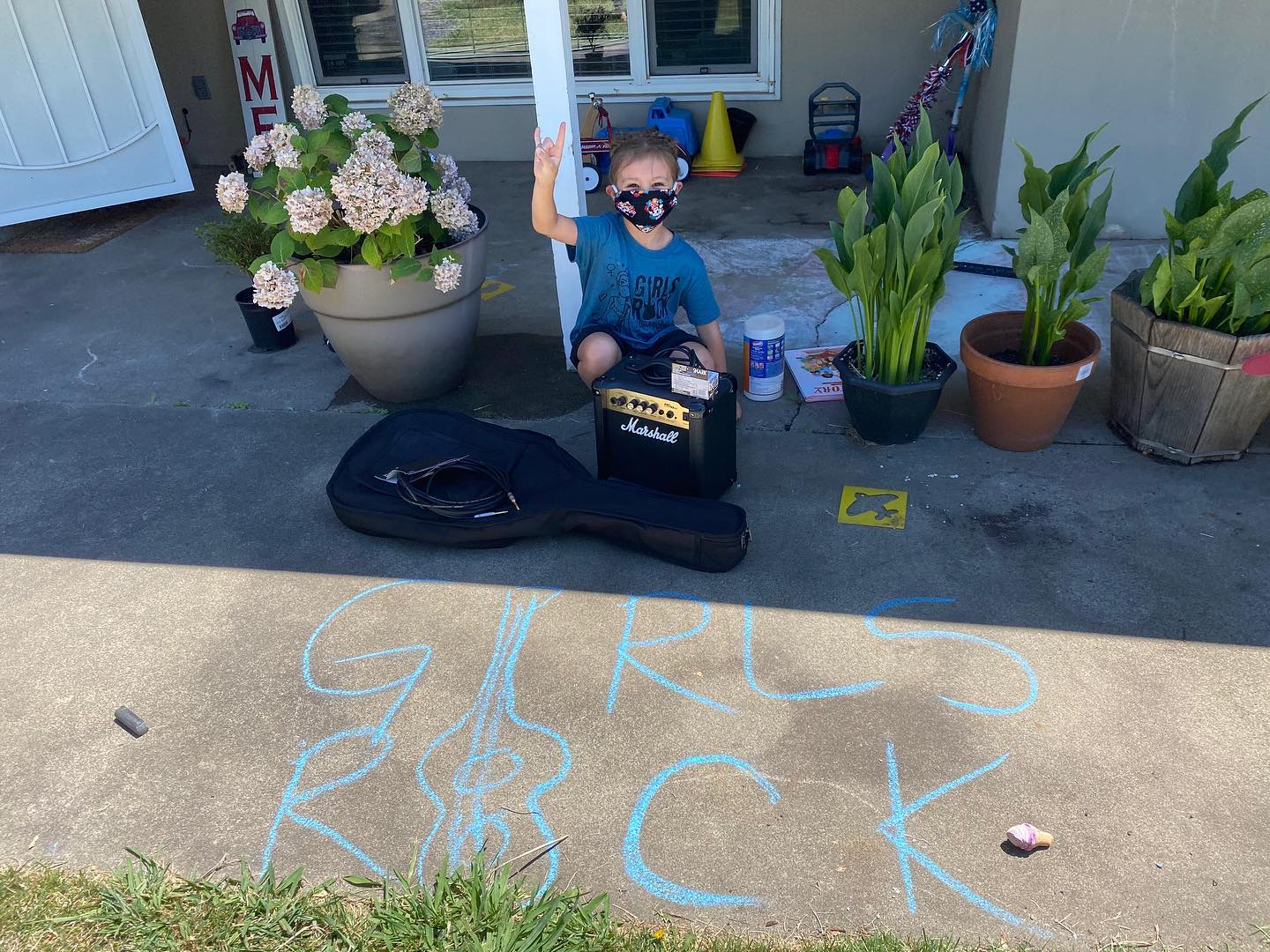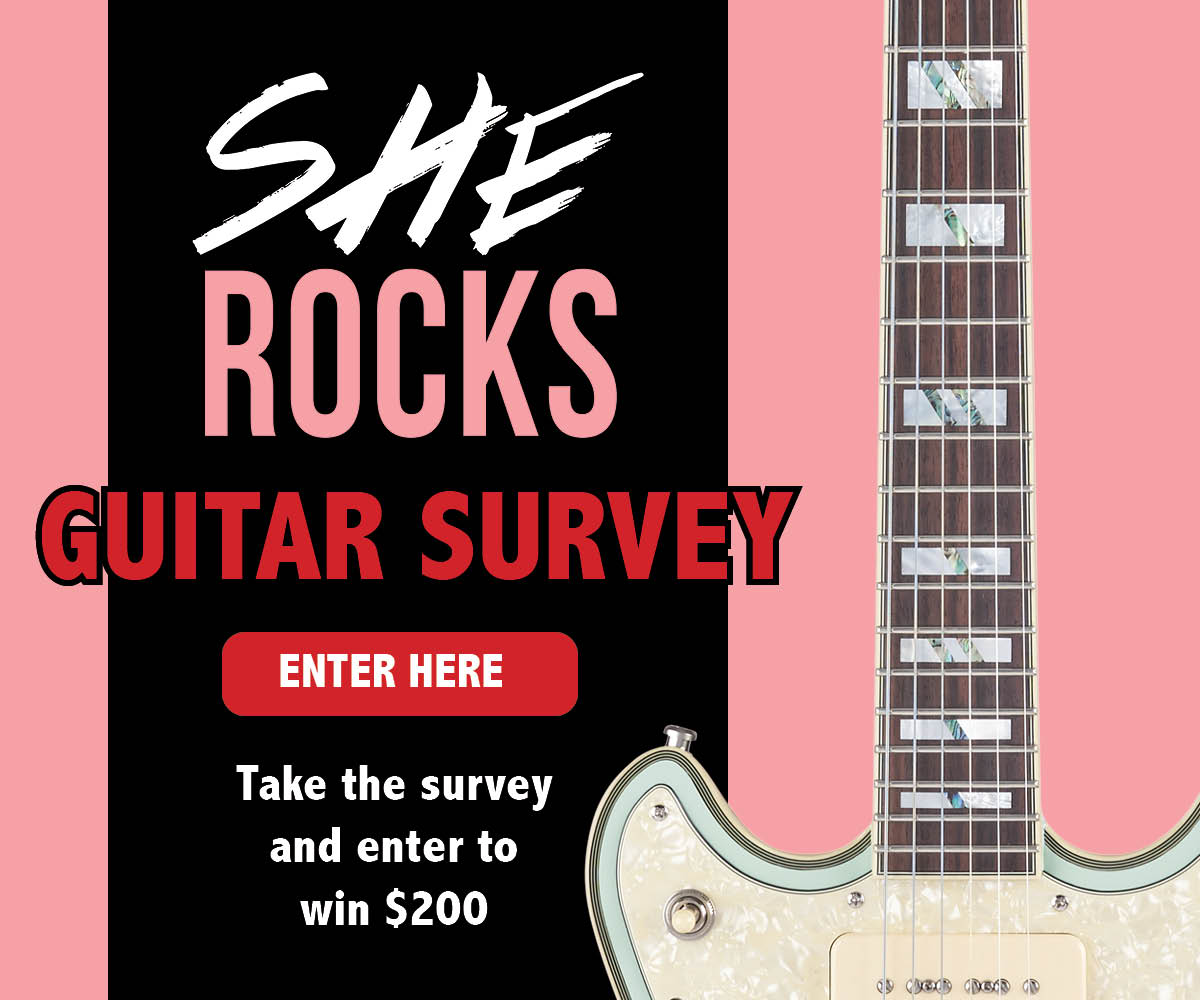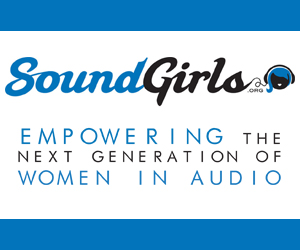
The COVID-19 Pandemic has hit every single person in the entire world. Think about that for a second. For the first time in history, we can all empathize with one thing. As is to be expected, some people have been hit harder than others. The case is the same for industries. Music, specifically, has been hit very hard. Heavily dependent on big crowds gathering for live shows, the music industry had to switch from thriving to surviving. Not all those in it did. Businesses went bankrupt, icons passed away and live shows vanished for a year.
It wasn’t all loss and financial hardship. There were magical moments, too. Gaga’s One World concert united many artists and their audiences to assist in pandemic relief. Lzzy Hale from Halestorm started a podcast where she showcased musicians every week and we saw the living rooms of essentially all our favorite artists. Innovation came in big time. Artists had to come up with ways to stay in touch with their audience during the absence of live music, and a way to keep the financial boat afloat. The value of the arts became considerably more evident to audiences; suddenly we couldn’t go out and meet with friends. The consumption of movies, shows, music and other online content became absolutely essential to everyone’s sanity. What does this all mean for the future of music? Read on to find out.
How valuable is music? Take a moment to think about how important music is to you. How often do you listen to it? How many songs and artists have impacted who you are? Do you enjoy live music? Music is profoundly valuable to pretty much everyone who has access to it. So the question remains, why isn’t it monetarily valuable? There is a huge disconnect between the emotional value we place in music and the monetary value we associate to it. Concepts like “starving artist” don’t help either. This pandemic has further proven the value of music consumption and accessibility. As music consumers, it is important to ask ourselves these questions and change our willingness to invest in musicians, artists and music businesses that contribute to our lives.
Artists have some re-shifting work to do in this area as well. The COVID-19 pandemic has led us inward, physically and emotionally. Too often, musical artists are willing to offer their services for free, give their products away and live in perpetual debt despite working 12 hour days. Therefore contributing to the starving artist mentality. Artists and musicians have the power to shift their audiences’ mentality in many ways. Why not do it to build a more mutual culture, where their emotional value reflects their monetary value?
As was mentioned earlier, artists have had to innovate tremendously to keep emotional contact with their audience and financially survive. Online tours between a band’s homes, digital collaborations and new ways of licensing music are some of the ideas that have flourished. NFTs have become more and more popular in music. NFT stands for non-fungible token and it uses crypto-technology to register who owns a piece of art. This impacts music tremendously, as it is a way for artists to sell their digital goods for the highest bidder and still be able to reproduce it as they like. It is a way for audiences to support their artists as well. Innovation is a big piece, if not the biggest, of the future of music.
Finally, there is the importance of community and human connection. Isolation, although very harsh for most, led us to value many things we took for granted. Something as innocent and loving as a hug could be dangerous! Musical artists, music industry professionals and music consumers have a responsibility to translate what they have learned and truly value into their musical practices. Musicians, it is crucial to understand your value and reflect it into how you exercise your career. It is even more important that the music you write comes from you, not your ego’s agenda for success. Music professionals, it is time to find a way to run this business in honor of music, not in honor of fame. Music consumers, let’s understand that music comes from a person who has basic human needs to be seen and valued. What change will you make to build a better musical world?









